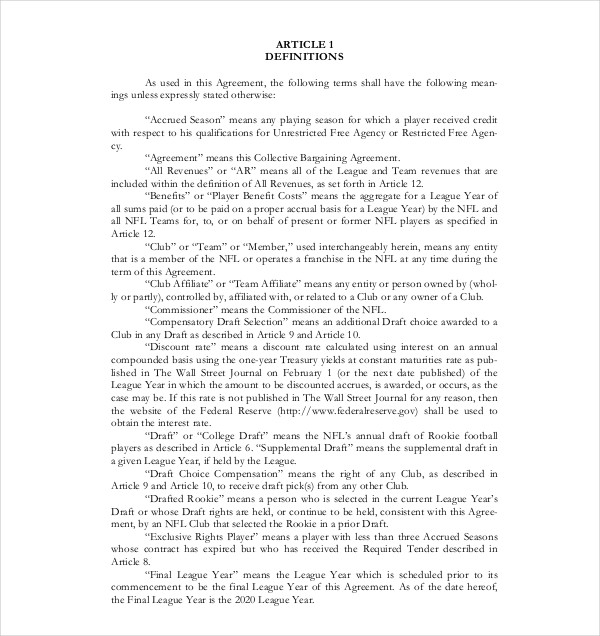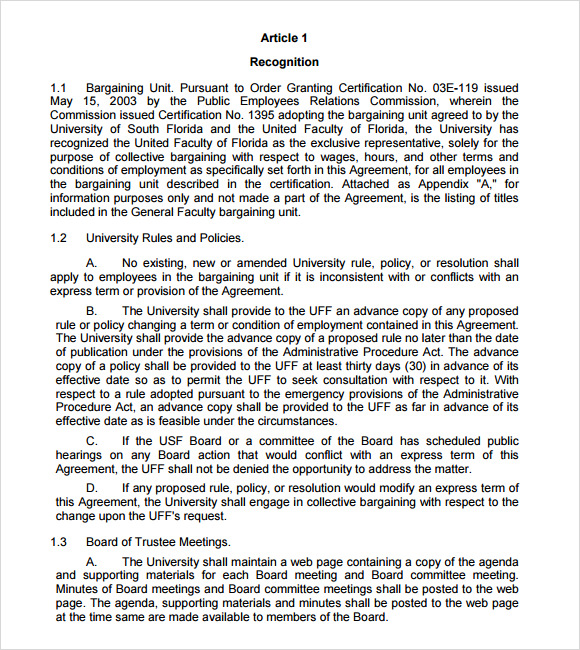
This unfortunate situation may be slowly changing, partly through EU influences.

Also, there is a background fear by employees that if their trade union sued for breach of a collective agreement, the union could become bankrupt, leaving employees without representation in collective bargaining. The British law reflects the historic adversarial nature of UK industrial relations. If the new terms are unacceptable to any individuals, they can object to his employer but if the majority of workers have acquiesced, the company will be able to sack the complainants, normally with impunity. These terms will be incorporated into an employee's contract of employment (whether or not the employee is a union member) and the contract of employment is, of course, enforceable. This presumption may be rebutted when the agreement is in writing and contains an explicit provision asserting that it should be legally enforceable.Īlthough the collective agreement itself is not enforceable, many of the terms negotiated will relate to pay, conditions, holidays, pensions and so on. The law is now contained in the Trade Union and Labour Relations (Consolidation) Act 1992 s.179, whereby In the United Kingdom, collective agreements are conclusively deemed to be not legally binding. After the demise of the Heath government, the law was reversed to reflect the tradition in British industrial relations policy of legal abstentionism from workplace disputes. Then, the Industrial Relations Act 1971, introduced by Robert Carr (Employment Minister in Edward Heath's cabinet), provided that collective agreements were binding unless a written contract clause declared otherwise. , the courts once held that collective agreements were not binding. United Kingdom Īt common law, Ford v A.U.E.F. The Swedish model of self-regulation applies only to workplaces and employees covered by collective agreements.

Non-organized employers can sign substitute agreements directly with trade unions, but many do not. Sweden does not have statutory regulation of minimum wages or legislation on extension of collective agreements to unorganized employers. Collective agreements usually contain provisions concerning minimum wages. In Sweden about 90 per cent of all employees are covered by collective agreements, in the private sector 83 per cent (2017). Together, management and workers are considered "social partners". For over 50 years, German workers by law have had representation on company boards.

In Germany, there is a much greater spirit of cooperation between the two sides of industry. Whereas in the UK there was (and arguably still is) a "them and us" attitude in industrial relations, the situation is very different in post-war Germany and in some other Northern European countries. Collective agreements in Germany are legally binding, and this is accepted by the population, and it causes no alarm.


 0 kommentar(er)
0 kommentar(er)
